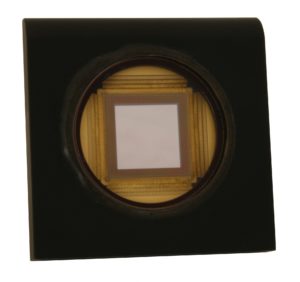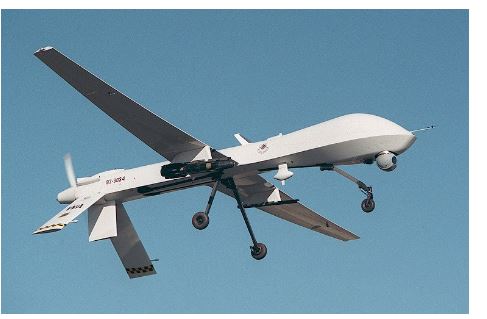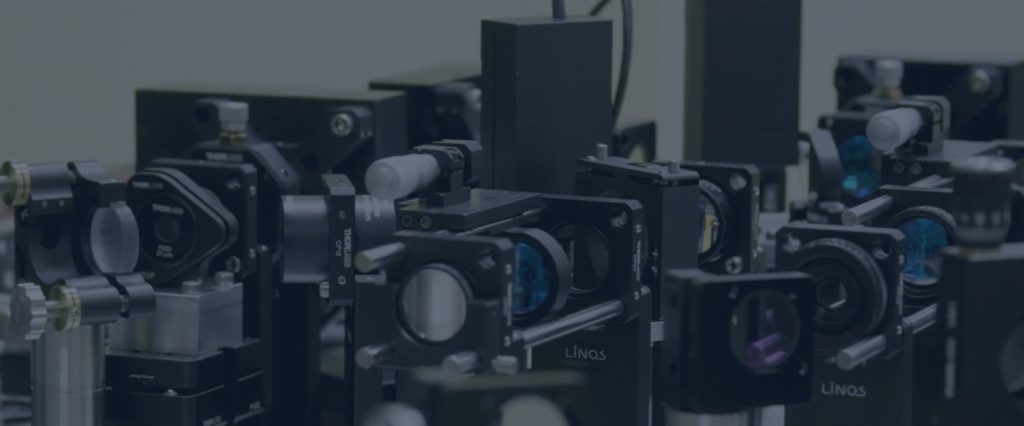Dr. Meng Cui at the Howard Hughes Medical Center has recently pioneered Super Penetration Multi-Photon Microscopy (S-MPM) at the Cui Lab. He has successfully reported on focusing light through static and dynamic strongly scattering media using our segmented 492-DM (See more on the application here). By using the iterative multi-photon adaptive compensation technique (IMPACT), he since reported new results on in vivo fluorescence microscopy, providing a unique solution to noninvasive brain imaging. I HIGHLY encourage everyone to read his paper for in depth details of his technique here.

As of today, IMPACT has been the only technique used for in vivo microscopy. Due to the complicated wavefront distortion encountered in highly scattering biological tissue, IMPACT has the highest success rate in enabling neuron imaging through intact skulls of adult mice. Through Dr. Cui’s testing, he has proven that even with the unpredictable motion of awake mice, IMPACT using the segmented 492-DM were able to perform wavefront measurements and improve the image quality.
Dr. Cui used the BMC segmented 492-DM as both the wavefront modulation and correction device. The IMPACT measurement works by splitting the DM’s pixels and running parallel phase modulation with each actuator at a unique frequency. Modulating only a portion of the pixels while keeping the rest stationary, a linear phase shift is then used as a function of time over the entire 2π phase range. The unique modulation frequency then becomes the unique phase slope value. At the end of the modulation, a Fourier transform is used in IMPACT to determine the correction phase values. Dr. Cui then goes on to explain in detail how to determine what fraction of the pixels should be modulated, how to split the pixels into two evenly distributed groups and how the Nyquist-Shannon sampling theorem is integrated.
Check more
Related Articles

Defense TechConnect Conference and Expo: Fun in the Sun with the MRR
Last week I was fortunate enough to be able to parade BMC’s Modulating RetroReflector (MRR) in front of multiple audiences affiliated with the Defense community at the Defense TechConnect (DTC) Conference and Expo in Tampa, Florida.
# Adaptive Optics Scanning Laser Ophthalmoscope 11.01.2018
Read more
MiFoBio 2018: AO Microscopy in Action
Recently, Boston Micromachines sponsored MiFoBio (Functional Microscopy in Biology), an event that brought together the microscopy community, academics and professionals alike, to attend courses and workshops that explored the understanding and current trends of biological imaging.
# Adaptive Optics Scanning Laser Ophthalmoscope 10.16.2018
Read more
